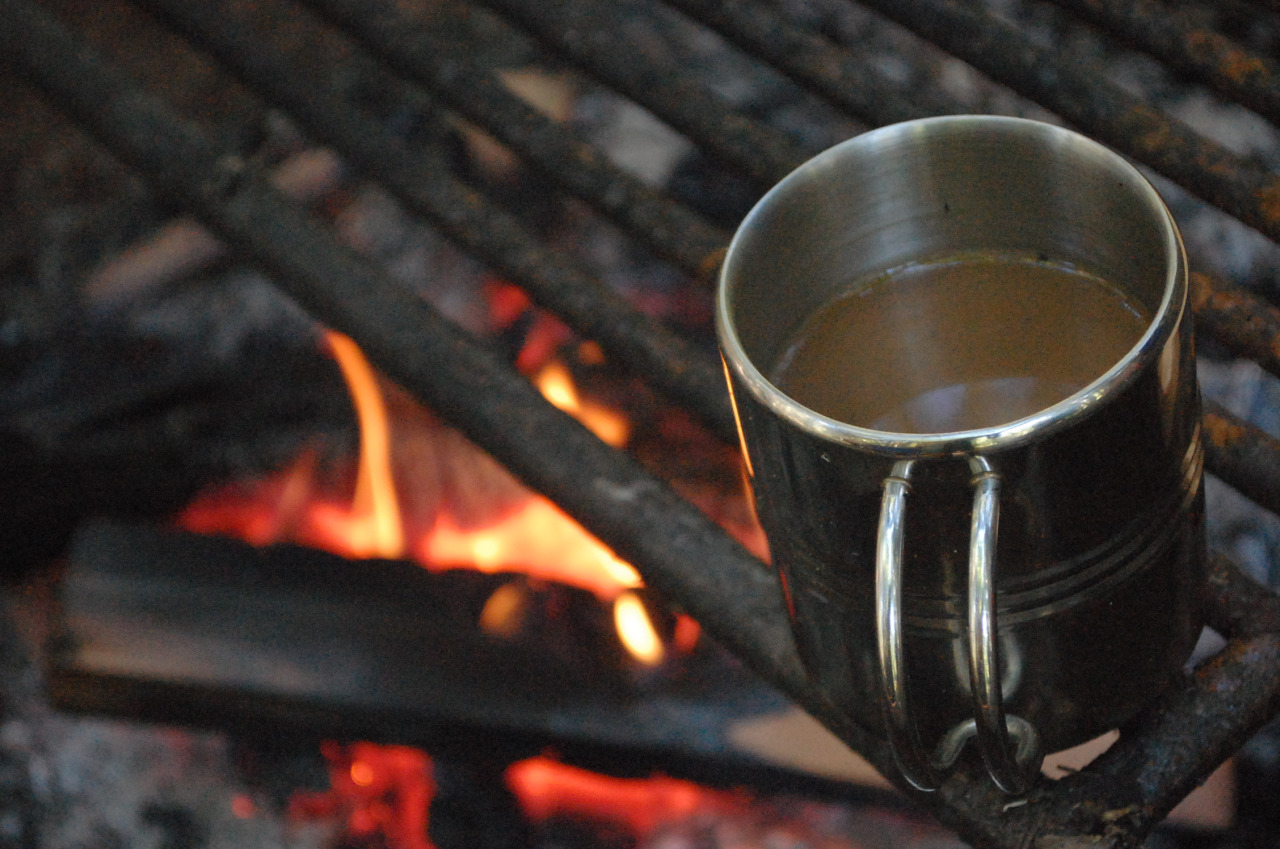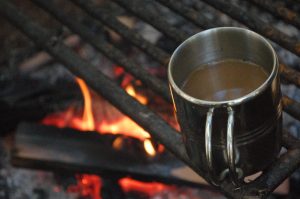“…there are known knowns; there are things we know we know. We also know there are known unknowns; that is to say we know there are some things we do not know. But there are also unknown unknowns – the ones we don’t know we don’t know. And if one looks throughout the history of our country and other free countries, it is the latter category that tend to be the difficult ones.”
– Former U.S. Secretary Defense Secretary Donald Rumsfeld. 2 February 2002
This quotation burbled through my mind as I considered the week just past. In searching for the original wording, I was reminded of the context in which it was uttered and discovered the neat story of its origins. Johari Window
Known Knowns: I learned, or rather, was reminded of two things that were true about the past, at least according to my Grade 8 History students. First, everything was on fire. This explains why student work related to the creation of letters or newspapers or journal entries to convey a sense of the events and voices of the past are quite often crumbly and singed around the edges. This leads me to a couple of questions – how many drafts have gone up in smoke and how many smoke detectors have whined in the execution of these tasks. Second, everyone in the past spilled their tea, a lot! This explains the various and sundry stains on the aforementioned letters, newspapers, and journals. I chuckle about this every year, but I love and respect my students’ pursuit of “museum craft” and special effects!
Known Unknowns: I continue to puzzle over how to manage differentiation and inquiry as my action plan percolates. it is unknown now and will be an unfolding process, but I am seeing through the glass less darkly as I read, consult, and gather strategies. I am really appreciating the articles people have been posting and the suggestions that blog responders have been giving.
Unknown Unknowns: I did not know that I did not know that there is such a thing as the “Cosmic Cab” in Toronto. On our way to the CIS/DMZ event on Monday evening, two colleagues and I called a taxi to take us over to Ryerson. Into the driveway pulled the neatest cab I have every seen. It was covered in holiday decorations on the outside and featured festive lighting, a cup of candy canes, and our choice of Karaoke, holiday music, or the movie Elf on screens mounted on the back of the two front seats. The driver, Mr. Akber Batada, is a very nice person who loves his job. He changes the cab’s decor with the seasons. When we arrived, the cab caused a sidewalk sensation as people took pictures, looked inside, and talked to Mr. Batada. The needle did not move on my cool factor, but that legend of the cab and its pilot continued to grow! I realized that I not only have a bucket list but an unknown bucket list, a menu of things I don;t know I have to do. Accidentally and happily, I crossed one off! Put a ride in this cab on your bucket list!


Your post makes me reminisce about teaching middle school history and geography in Toronto! The tea stains and burnt edges were always all the rage with the middle schoolers and many were incredibly passionate. The one activity that was always so interesting was to change one major event from the past, and trace it’s effect through history (or what they knew of it anyway) and their ideas were always very creative!
Which of the articles that you’ve come across has been most helpful? What steps have you taken to better understand your user within your actionplan? As you explore giving your students more responsibility over their learning keep in mind that sitting and listening to a teacher deliver is way easier than asking them to engage and be active in their learning. They may not like it right away, but like all things, it gets better with practice.
I love reading your blog Dan! Keep em’ coming.
Hi Derek!
Thanks for this – your comments always give me lots to think about! I like the idea of having them try to envision an alternate history. This presents the neat challenge of figuring how much they need to know and understand in order to make an educated guess about what could be different i.e. how much do we need to know about what is to dream about what might have been? I wonder, for example, how much teaching on the colonization of western Canada, the treaty process and the residential schools do we need to do in order for students to talk about a different kind of Canada – the kind of Canada that Gord Downie is talking about? That is a wicked learning opportunity!
As for a key article, the one sent to me by a colleague about the Little Prince and the fox is resonating right now as it speaks about relationships and the journey of learning. It has some interesting contact points with our discussion about unshackling too! I am hoping to be doing my interviews with my students in the next few days, so that I can mull things over during the holidays and before our next gathering. That said, and as you mentioned in your email, we are in “hair on fire time,” so this will take some finesse!
I love those Unknown Unknowns! In fact, that might be what I love most about inquiry – discovering something (a resource, an idea, or something truly new synthesis) that you had no idea existed before. Having the time to be able to see where it takes you for a while before deciding what to do with it feels like a terrific inquiry adventure to me. To be able to do that with an enthusiastic leader like Mr. Batada who makes the journey fun makes it even better!
Thanks, Lara! The element of surprise is so important to learning and life. I try to keep my eyes and ears open!
Love this conversation – I think that if we can apply the Johari window, and even Rumsfeld’s inquiry lenses (though that sounds too formal already!) to our students, we could amplify this lens as it pertains to education. What do we know about our students? What do we know we don’t know, and how can we know it. This speaks to @ljensen‘s comment above – how might we connect with our students through the inquiry process by allowing themselves to know themselves more… (sorry about that sentence structure!)
It is a great thing to know that we don’t know a lot about our students, in the grand scheme of things, and we certainly know we won’t know how our educational paths are intersecting with theirs. That is what makes the idea of a “unit test” so obscure to me. What are we really asking of our students when we capture them in a room, and make them sit a test. I’ve written before on this topic, so I won’t repeat it all except to say that I do believe there is a place for a test every now and then…but when it comes to repeated testing, aren’t we just testing what we know the students know?
Hi Garth!
Thanks for your message. I agree with you about the “unit test” and share your questions about its usefulness. Is it about the students’ accountability or the teacher’s? We use short quizzes in our science and social studies classes to find out what we don’t know about what our students know or don’t know in a “taking the temperature” sort of way. If there are individual or class-wide gaps, we do some re-teaching before we move on to applied tasks. One of the things I find about students and their approach to quizzes, tests, or exams is that they have a tendency to study what they know and to shy away from the stuff that challenges them – this approach makes one feel great in an “I’ve got this!” dopamine-rush sort of way! Hammering the known stuff this way is a little like whistling past the graveyard and avoiding the interesting things that lurk in the places we might find uncomfortable or challenging, the places that might be the most interesting for inquiry. In that sense, testing will likely only very rarely drive inquiry.